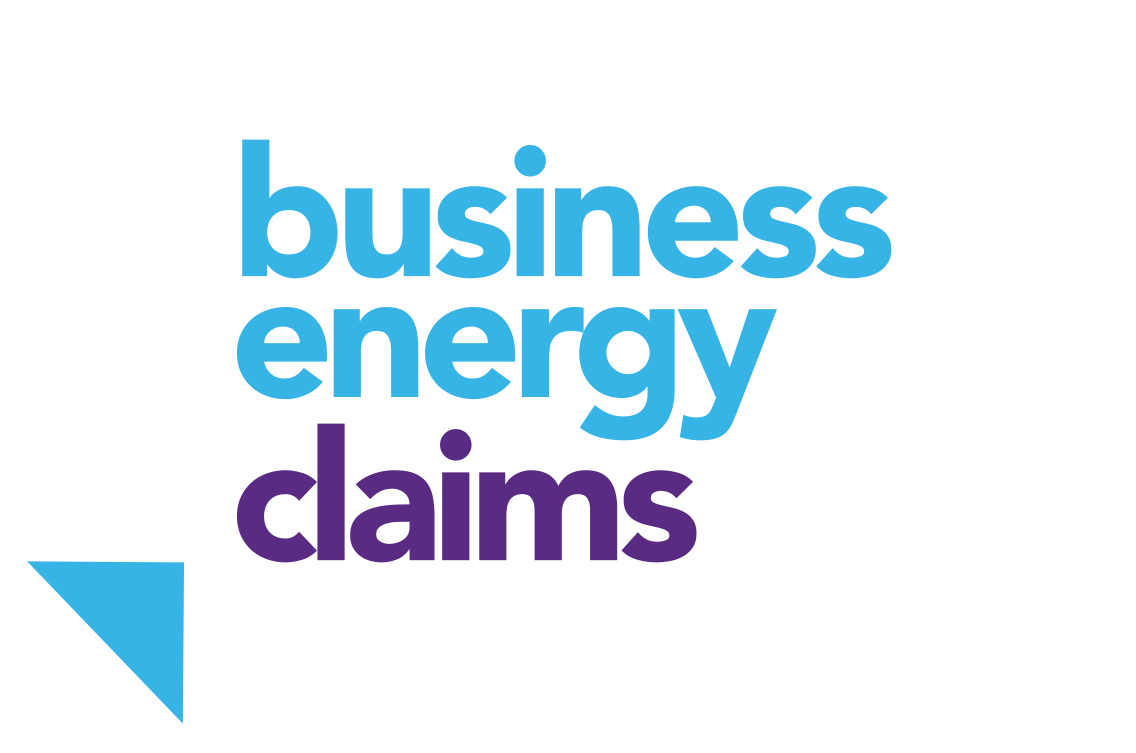With the price cap for household energy dropping, it is essential to analyse the impact of increasing energy rates on businesses in the United Kingdom.
Unlike households, businesses operate under separate regulations and face unique challenges regarding energy costs. This article will examine how energy claims, brokers, and higher tariffs affect businesses across the UK.
The latest price cap, introduced on Saturday, July 1, primarily focuses on safeguarding household consumers.
When it comes to energy prices, businesses, both big and small, face challenges, including fluctuations in wholesale energy costs, market circumstances, and external factors that can significantly impact the rates businesses pay, potentially leading to increased expenses.
With increasing energy prices, businesses frequently resort to energy claims to reduce expenses and pursue reimbursement for excessive charges or deceptive energy agreements.
Examining past bills and contracts is necessary to uncover any instances of energy suppliers not following rules, making mistakes, or engaging in unfair practices.
It is crucial for businesses to thoroughly assess the offerings of energy brokers and guarantee clearness when it comes to charges and commission arrangements.
With the rise in energy prices, businesses must take proactive steps to control their energy expenses effectively. Here are a few strategies to contemplate:
- Energy Efficiency Initiatives: Businesses can save money by using energy-efficient technologies, conserving energy, and improving operational practices.
- Contract Management: Regularly evaluating energy contracts and monitoring market trends can help businesses secure favourable rates. Exploring opportunities for renegotiation can also help businesses avoid unfavourable tariffs.
- Broker Selection and Due Diligence: When working with energy brokers, it’s essential to do your research. Look for trustworthy brokers, ask for references, and understand their fees and commissions to ensure they match your business goals.
- Supplier Diversification: Looking at different energy suppliers and alternative energy sources can give businesses more options and help them find lower prices.
How much is my business energy claim worth?
The compensation you receive for your business energy claim will depend on several factors.
The average claim considers various elements, including the specifics of your case, the extent of mis-selling, and the financial impact incurred. These factors enable us to determine your situation’s best course of action.
You might be eligible for compensation if you have been misled into purchasing an energy contract under false pretences. Compensation could cover reimbursement for any losses and potentially extend to other adverse effects, such as stress or damage to your company’s reputation.
We offer an accessible and user-friendly claim calculator to obtain an estimate of your claim value.
How to initiate a claim?
To pursue compensation, don’t hesitate to contact us so that we can assess whether any commission has been disclosed within your contract.
Kindly provide us with details about your energy supply, including the unique MPAN or MPRN, the name of the energy supplier, and the contract start and end dates. Additionally, include information about the type of metre you have, the current unit rates and standing charges.
You can file claims for business energy contracts, regardless of whether they are ongoing or from the past. Therefore, if you have previously experienced mis-selling, it is advisable to explore the available options.
Taking action is crucial if you suspect you have been mis-sold a business energy contract. Doing so may lead to compensation or reduced energy bills.
